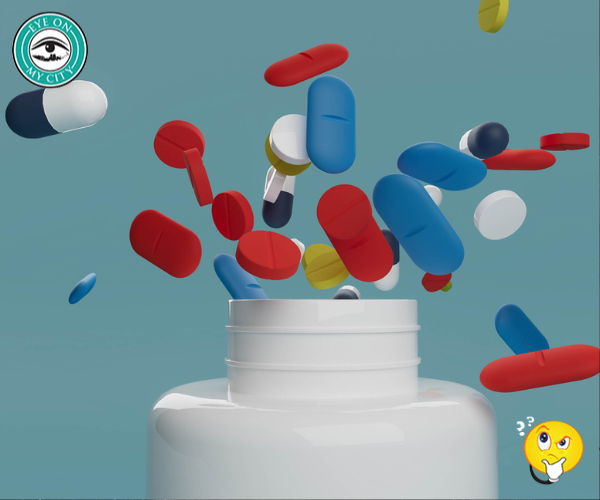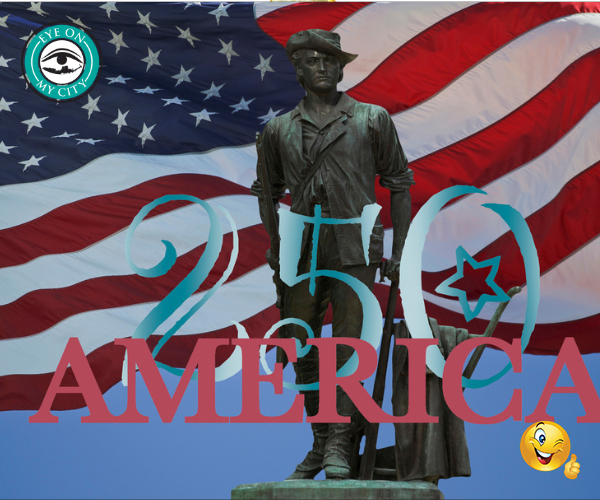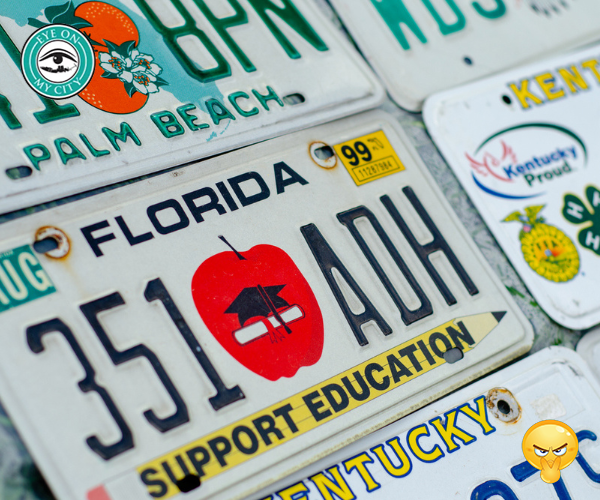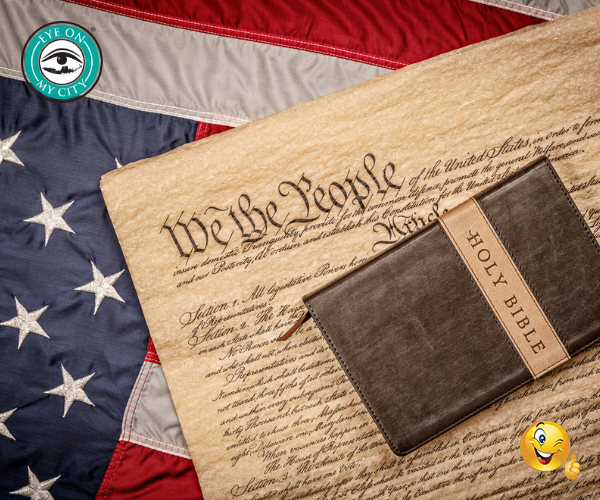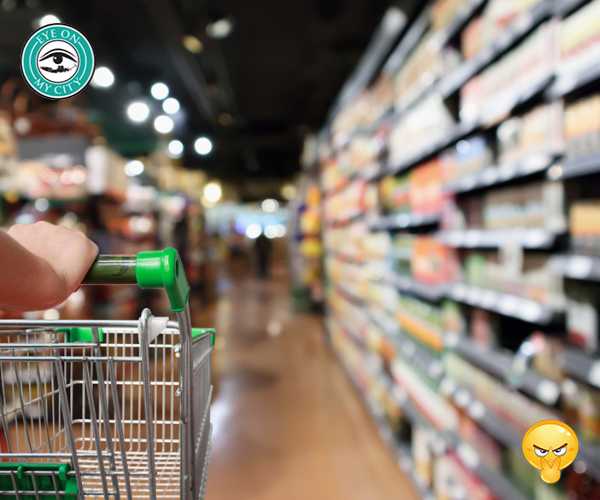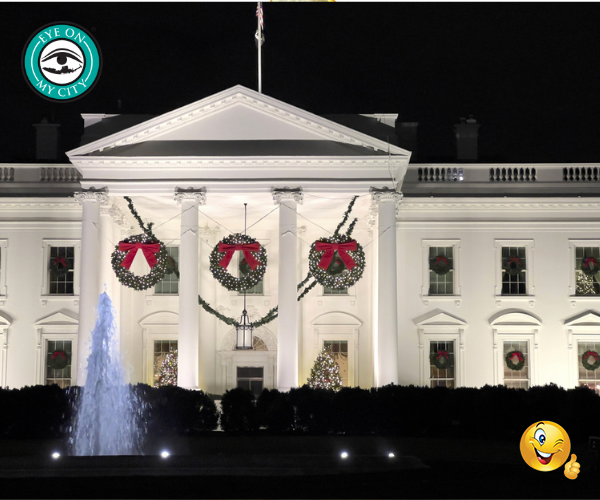Yesterday, the Wall Street Journal ran a story headlined, “White House Unveils ‘TrumpRx’ Drug-Buying Site and a Pfizer Pricing Deal.”
In a dramatic Oval Office meeting with his health cabinet and Pfizer’s cobra-like and oddly twitching CEO Albert Bourla, President Trump announced a new government portal expected to launch in early 2026 at the url TrumpRx.gov. It will let consumers buy drugs directly from manufacturers at steeply reduced prices, bypassing traditional middlemen like pharmacies, and paying in cash— thereby bypassing insurance channels and related costs.
Trump said Pfizer agreed to offer some of its most popular drugs on the platform at steep discounts, ranging from 50% to 100% off.
Also and separately, President Trump announced that Pfizer would now offer its drugs to the government at its “most favored nation” price, meaning the lowest price that any other country pays. And Pfizer must invest $70 million in new domestic R&D facilities. In return, Pfizer only got a 3-year waiver of new national security tariffs.
“This is something Democrats have wanted for 20 years, Republicans have wanted for 20 years,” Secretary Kennedy said during the meeting.
At some point during the announcement, though everyone including Bourla was smiling and nodding, one got the distinct impression that Pfizer was being punished for something. The MFN deal could cost the company billions.
However, Pfizer’s stock rose +6.8%, probably reflecting the market’s relief that Trump wasn’t planning on crushing the covid jabmaker’s snakey head. Reassuring investors, Pfizer did not update its financial guidance ahead of the meeting, suggesting it does not expect losses. It may, for example, plan to increase drug prices charged in other countries to offset the new domestic costs. Or, by selling drugs direct-to-consumer, and thereby avoiding pharmacies, pharma companies may net higher profit margins even though consumers see lower prices.
The sad truth is Pfizer is too big to kill; it makes hundreds of important drugs and is one of the biggest and most critical drugmakers in America.
Trump said the administration is working with other drugmakers to soon secure “similar agreements,” at one point mentioning Eli Lilly. “I said if we don’t make a deal, we’re going to tariff them an extra 5, 6, 7, 8 percent,” Trump said of negotiations with drug companies. FDA Commissioner Marty Makary said drugmakers who offer price concessions or move manufacturing to the U.S. would be eligible for his agency’s new voucher program that speeds drug approvals.
Carrots and sticks.
One party complains about the high cost of healthcare and petulantly shuts down the government. The other party negotiates most-favored-nation drug prices and launches a direct-to-consumer pharmaceuticals website all in the same day. Am I crazy, or are we missing something?

